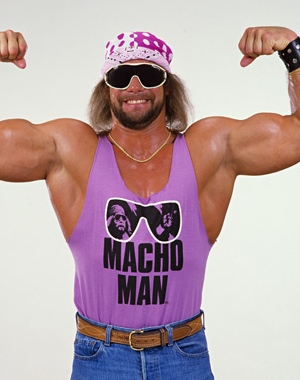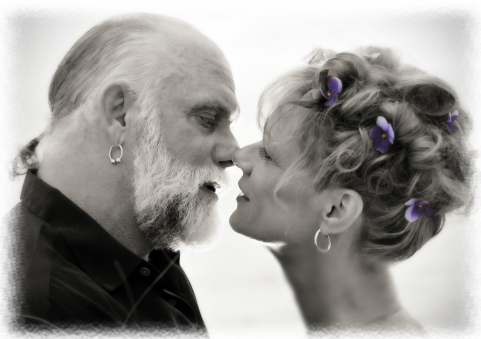|
|---|
Tuesday, March 20, 2007
The thing that fascinates me about the Geostationary Banana Project, beyond the craziness and the scale, is the fact that it is a constant work-in-progress and is already functioning in the art world as a model of a work-to-be. This way of working is very inspiring.
There is something about taking away the edge of the Art Work that makes it, well, easier on the digestive system. When the experience of the work can be dissolved, so we don't just get it in one big lump, it can sometimes give a much-needed space of habituation. By that, I don't necessarily mean a context, an explanation, but more like a creative play between various aspects, levels, possibilities of something that otherwise risks being seen as, well, just a thing.
For instance, showcasing works on New Art is, for me, a way of seeing them in that space. Of seeing their possible links, connections (and readings as well...).
But in some artworks the dialog between various areas is what gives them a very rare power.
I probably wouldn't have noticed Jason Young's work. This type of work is something I would probably like to make - playing with resin has been a
This type of work is something I would probably like to make - playing with resin has been a
personal fixation for a while. But I rarely actually stop to appreciate abstract plastic work, if it doesn't have a twist to it - some sort of a hidden agenda, so to speak. Of course, you might say if it's a good piece of work it only takes time and some effort to discover all the hidden agendas. Well, let's just consider that this can be ineffective.
On the other hand, I probably would have missed out on the fresh and creative video director Pascal Franchot. There is something about both of them that seems too slick, too cool...
Now, join them.

The above are stills from a film called The Curling Stones (or here in Quicktime). A film about creating a work of art. A film that is a documentary, because it documents the process of creating a work. But it is not a documentary (compare it to this), in that it clearly stages the whole thing. And doesn't even aspire to seem objective. It is a quasi-fiction. More: it looks, feels, moves like a commercial. The difference being - the result is a work of art. And maybe because the play stopped being about the pure material, the resin, the touch, or, on the other hand, the issue, the goal, the punchline, there is an artistic dialog here that gives value both to film and installation/performance. Brilliant.
Labels: film, painting/photo, performing














